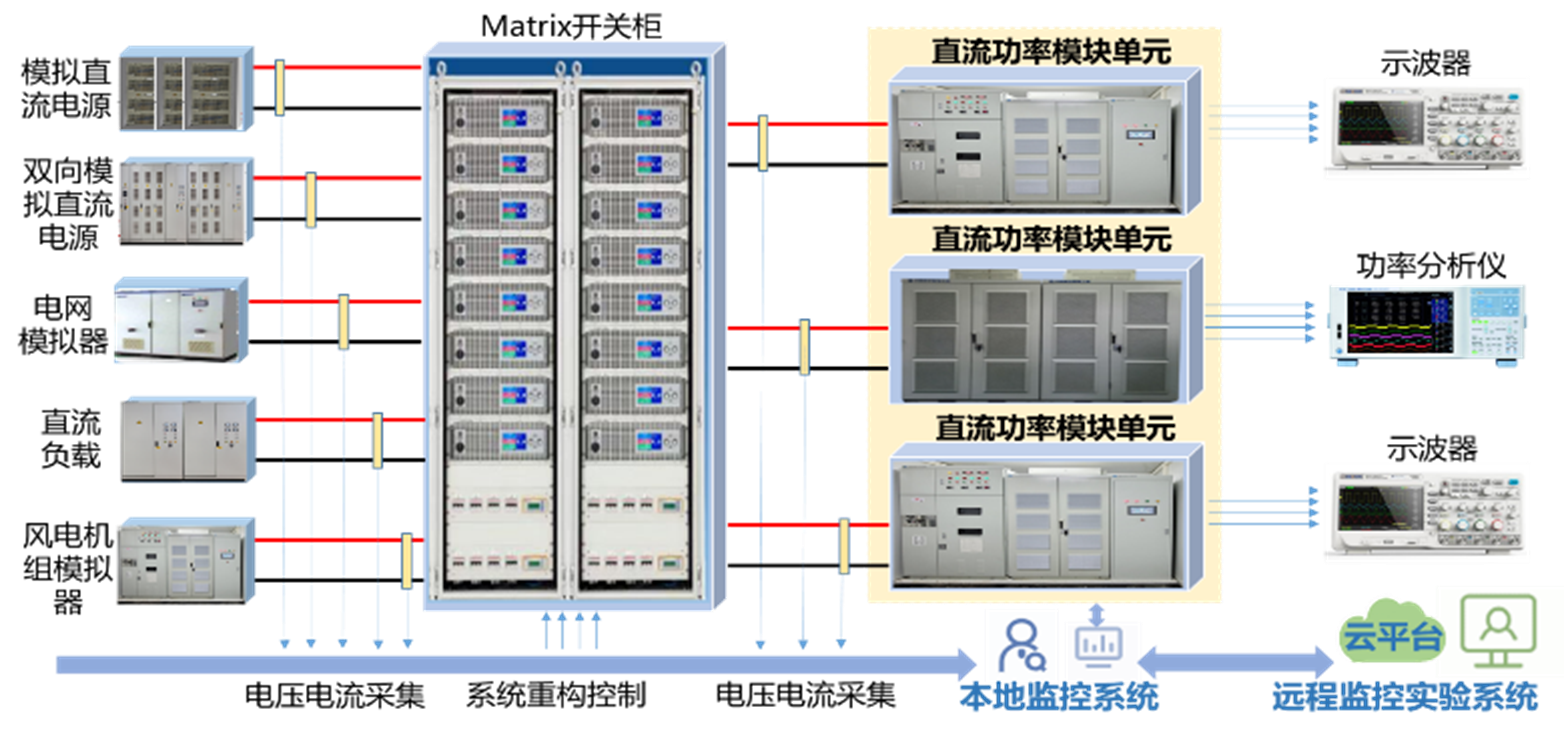-
The “Green-Powered Future” Mission Cooperation Project
Location: China
Main involved partners: IEECAS (CN), LONGi (CN), Goldwind (CN), RSE (IT)
-

Starting Year-Ending Year
2023-2026
-

Funding Scheme Type
Co-funded
-

Project Budget
6.8 M€
Project Short Description
The China Pilot program is dedicated to driving greener technological innovation and fostering multilateral international cooperation in the field of renewable energy. By doing so, it aims to further advance the global adoption and development of sustainable energy solutions. With a primary focus on offshore wind power and photovoltaic systems, the program undertakes the implementation and testing of various renewable energy technologies.
This section provides an overview of the key tasks and objectives of the China Pilot program.
1) Design, simulation and optimization of large-scale offshore wind power as well as testing platform.
2) Design, simulation and optimization of novel photovoltaic technologies as well as field testing platform.
3) Design, control and stability of novel DC power system for offshore renewables as well as testing platform.
4) Power generation performance monitoring and environmental and ecological impact monitoring of large-scale offshore wind and photovoltaic system.
5) GPFM Internet-based Platform.

Innovation Highlights
| LONGi Green Energy has released new high-efficiency back-contact crystalline silicon cell and module product (Hi-MO 9) in Madrid, Spain on May 7, 2024. Hi-MO 9 modules combine a variety of advanced technologies with core advantages such as higher power generation capacity, lower BOS cost and higher reliability, with a max solar photovoltaic conversion efficiency (internal test) of more than 27%, a maximum power of 660W, and a module conversion efficiency of up to 24.43%. | |
Goldwind has developed and built the first large-scale wind turbine six-degree-of-freedom test bench in China, filling the gap in the industry. Promote the development of new technologies, accelerate design iteration and optimization, and provide guarantee for the high-quality development of the industry. | |
| Institute of Electrical Engineering, Chinese Academy of Sciences (IEECAS) has designed the world’s first technical verification platform for offshore DC system, which is in the high power laboratory of IEECAS, Beijing. The DC voltage range of the platform is ±5kV~±30kV and the rated power is 500kW. The key technologies include reliable operation control strategy with a wide voltage range, multi-objective optimization of topology and control parameters under complex constraints, and multi-level and efficient coupling simulation technology of the platform. IEECAS also has developed the SiC MOSFET based DC/DC converter. The rated power of the unit is 500kW and the rated output voltage is ±10kV. The measured max. efficiency of the unit is 99.6%. |
IEECAS has set up a two-site online monitoring platform which could provide seven water quality parameters (including water temperature, pH, ammonia nitrogen, dissolved oxygen, turbidity, chlorophyll, and conductivity) with a transmission frequency of 0.5 h/time for the Floating Photovoltaic (FPV) power station. At present, more than 2,800 data items have been received, and an empirical database on the impact of FPV on the water environment has been initially constructed. |
Social Influences
Outcomes
-
-
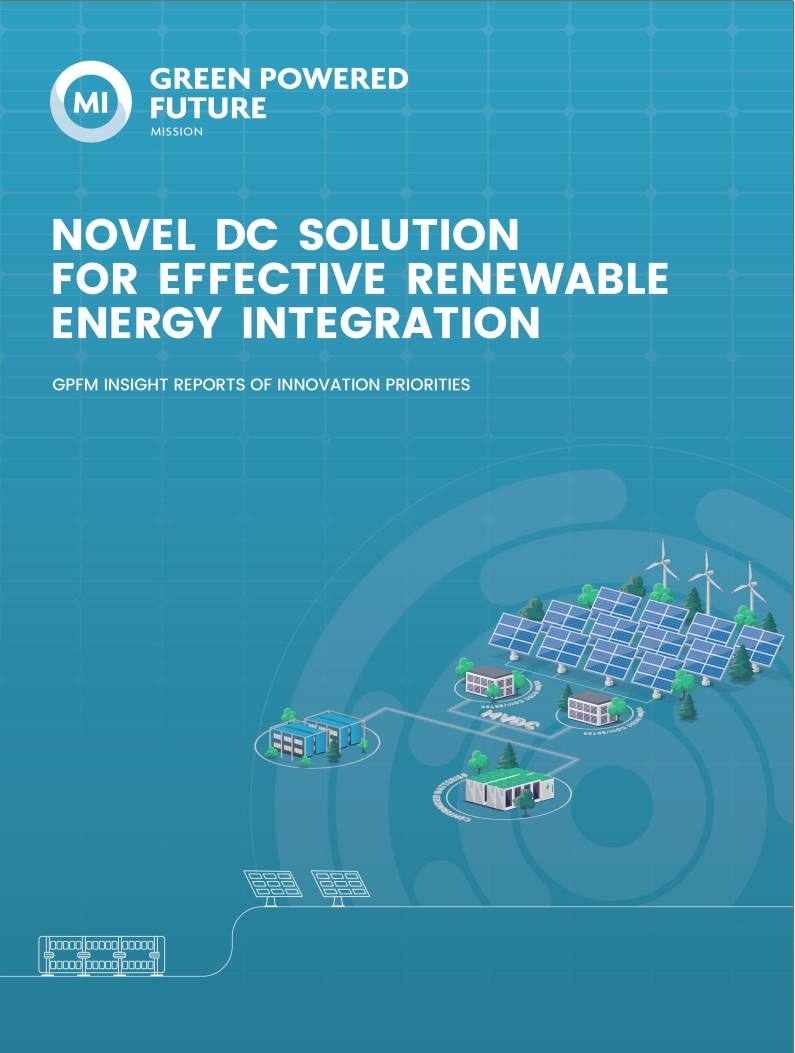
-
Novel DC Solution for Effective Renewable Energy Integration
-
-
-
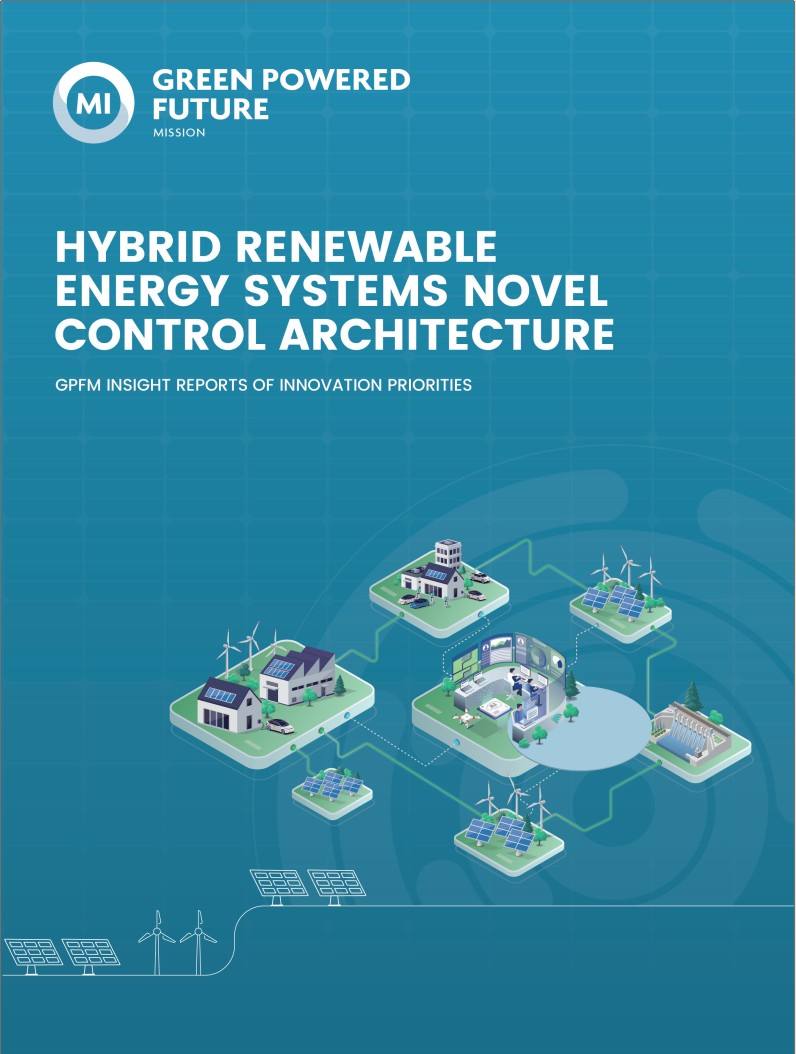
-
Hybrid Renewable Energy Systems Novel Control Architecture
-
-
-
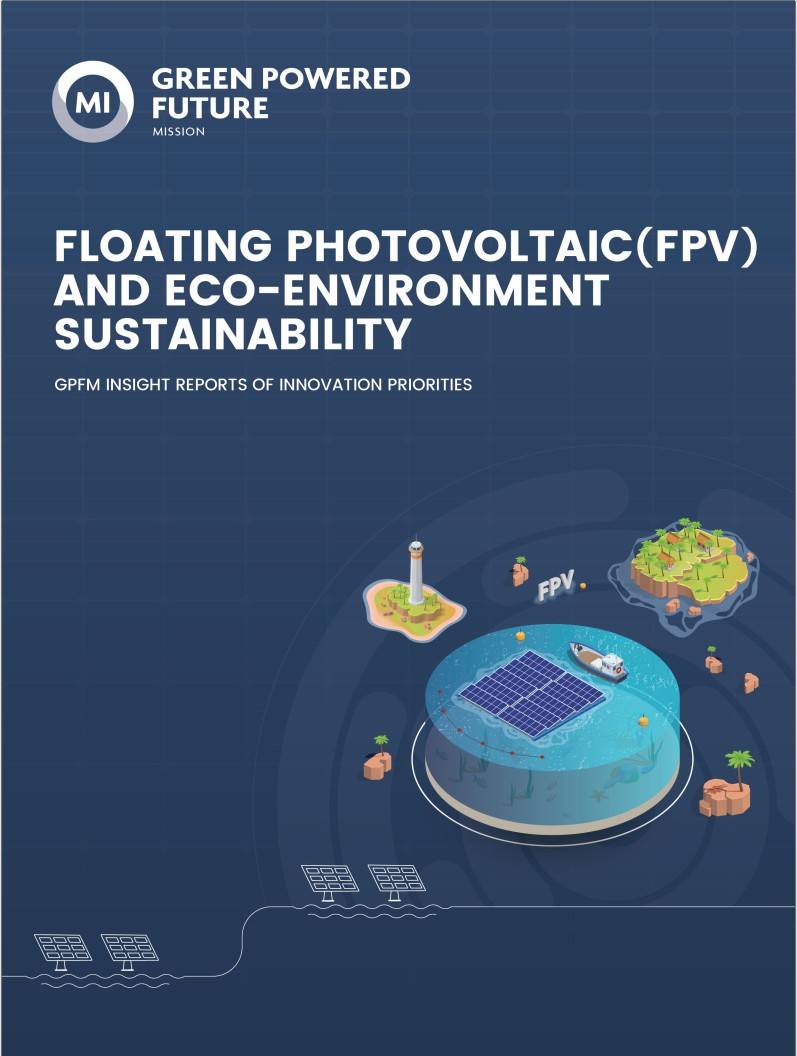
-
Floating Photovoltaic and Eco-environment Sustainability
-
-
-
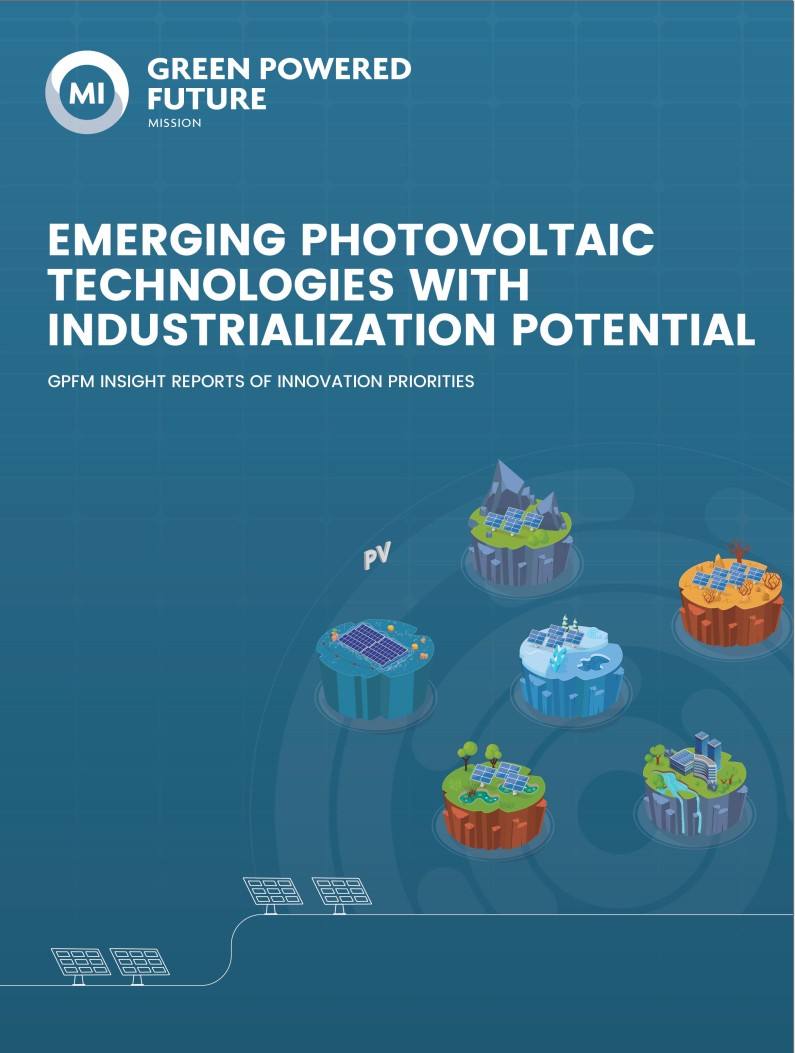
-
Emerging Photovoltaic Technologies with Industrialization Potential
-
-
-
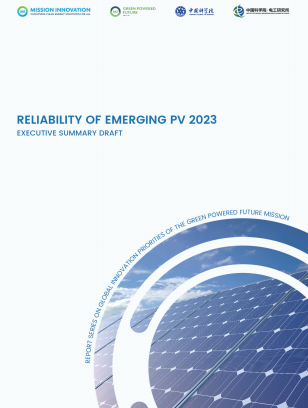
-
Reliability of emerging PV 2023 - Executive summary draft
-
-
-
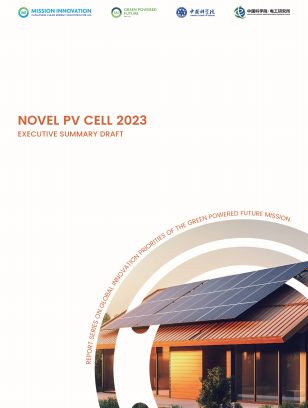
-
Novel PV cell 2023- Executive summary draft
-
-
-
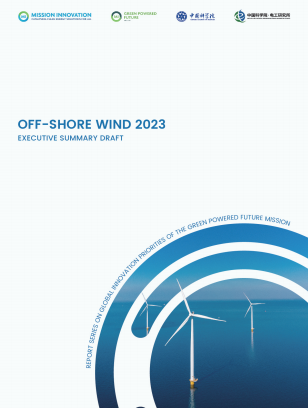
-
Off-shore wind 2023-Executive summary draft
-
-
-
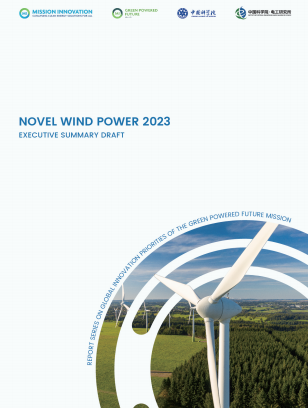
-
Novel wind power 2023 - Executive summary draft
-
 Pillar 1
Pillar 1Affordable and
Reliable VRE
 Pillar 2
Pillar 2System Flexibility
and Market Design
 Pillar 3
Pillar 3Data and Digitalisation
for System Integration
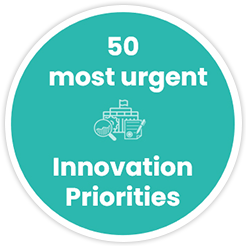
- 1.1.11.1.31.1.41.1.51.1.8
- 1.2.21.2.3
- 1.3.31.3.5
- 1.6.31.6.4
 Pillar 1
Pillar 1Affordable and
Reliable VRE
-
T1.1 - Novel Photovoltaic
1.1.11.1.31.1.41.1.51.1.8 -
T1.2 - Offshore Wind Power
1.2.21.2.3 -
T1.3 - Integrated Renewable Energy
1.3.31.3.5 -
T1.4 - Off-grid systems
-
T1.5 - Energy Storage Suppy Chain, Recycle and Reuse
 Pillar 2
Pillar 2System Flexibility
and Market Design
-
T1.6 - Technologies for System Stability
1.6.31.6.4 -
T2.1 - Flexible Generation
-
T2.2 - Grid Flexibility
-
T2.3 - System Stability and Flexible Operations
-
T2.4 - Energy Storage lntegration
-
T2.5 - Demand-side and EV Flexibility
-
T2.6 - Flexible Systems Planning
-
T2.7 - Markets, Busines Models and Regulatory Framework
 Pillar 3
Pillar 3Data and Digitalisation
for System Integration
-
T2.8 - Flexibility from Sector Integration
-
T3.1 - Standards for Interoperability
-
T3.2 - Secure and Resilient Digital Energy Systems
-
T3.3 - Integrated Solutions

